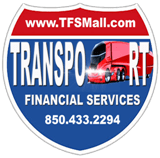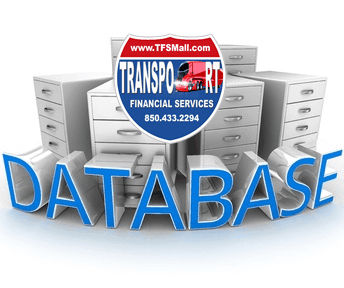 Costco, one of the world’s largest retailers, has stopped doing business with a California trucking company accused of trapping drivers in debt and then using it to force them to work overtime.
Costco, one of the world’s largest retailers, has stopped doing business with a California trucking company accused of trapping drivers in debt and then using it to force them to work overtime.
The action comes as brands across the U.S. face increased scrutiny for ignoring labor abuses in their supply lines, a widespread problem first revealed in a USA TODAY Network investigation in June.
Earlier this month, four prominent Democratic Senators, led by Sherrod Brown of Ohio, sent letters to 16 retailers, calling on them to root out “shameful” labor abuses first outlined by the USA TODAY Network.
Soon after, Costco Wholesale dropped Pacific 9 Transportation, one of the biggest port trucking companies in Southern California.
Hewlett-Packard also sent an auditor to investigate the company’s labor practices.
Both retailers declined to comment on their actions. Alan Ta, chief operating officer for Pacific 9, said that even before Costco withdrew, his company had stopped leasing trucks to drivers and launched a series of reforms to improve their pay.
A wave of pressure from retailers and manufacturers has hit port trucking operations across the industry, according to drivers who say their employers have been fielding calls from clients.
Those clients include Walmart, which pledged in a letter responding to the senators that it would cancel contracts with any trucking company that did not provide “assurances” it was following fair labor practices.
“The stories profiled in that article are deeply concerning,” Executive Vice President Jay Jorgensen wrote of the USA TODAY Network investigation, “Rigged.”
“Any motor carrier that fails to comply with law, such as those alleged in the article, would be in violation of our contract and would therefore be subject to cancellation,” he wrote.
The series revealed how port trucking companies in southern California have spent the past decade forcing drivers to finance their own trucks through company-sponsored lease-to-own programs they could not afford.
The longer drivers worked, the more trapped they felt. After just a few months, drivers typically had paid thousands of dollars towards a truck.
If drivers quit or got fired for any reason, most of them lost the truck and everything they had paid in. Many worked 20 hours a day to keep up with their truck payment and feed their family.
For years, Pacific 9 used the same kind of lease-to-own program.
Forty drivers have won California labor commissioner cases against Pacific 9, accusing the company of using the leases to cheat them of fair pay. Half of them testified that they had to work up to 19 hours a day, violating federal fatigue laws for truckers.
As the USA TODAY Network began investigating and as labor judgments piled up against Pacific 9, the company stopped using leases. In April 2016, facing almost $7 million in court-ordered back pay and penalties, the company filed for bankruptcy protection.
It has since started rehiring drivers as full-time employees and stopped charging them truck expenses.
Ta and many of his drivers said the company is now working to become a model for the rest of the industry.
Pacific 9’s sudden loss of business comes at a precarious time for the company – the tail end of drawn out bankruptcy negotiation with truckers.
Drivers and their attorneys sent at least two letters to the senators pleading with them to ease pressure on retailers using Pacific 9.
Rivera and Shackelford, a San Diego firm representing some Pacific 9 drivers, said Costco’s decision might “lead to the closing of Pacific 9 altogether,” undoing months of negotiations and possibly leaving drivers empty-handed.
“We believe this would be a tragedy,” the attorneys wrote.
Some drivers feel the same — even those who once testified about pervasive labor abuses inside the company.
“Pacific 9 has followed through on its commitments to us drivers,” wrote trucker Santiago Aguilar, who filed a labor claim against the company in 2013 and has since been rehired as an employee with full protections. Aguilar’s letter was signed by 13 others at the company. “Now, I get a fair day’s pay for a hard day’s work,” he said.
Pacific 9 is one of the busiest operators at the Long Beach and Los Angeles ports, according to port truck data obtained through a public records request.
Using the data, reporters tracked the movement of the company’s 160 trucks and found that they were on the clock for more than the 14-hour maximum set by federal law at least 7,500 times over three years. Almost all of the company’s rigs exceeded the time limit set for commercial truckers at least once.
But executives say those practices are a thing of the past.
“We have made significant change in our company and to our industry,” Ta said in an email.
Other companies that have used Pacific 9, either directly or as a subcontractor, include Hasbro and Goodyear. Hasbro did not respond to multiple requests for comment.
Goodyear spokesman Keith Price said the tire giant “took immediate action and ceased use of Pacific 9 within two weeks of the California Labor Commission’s ruling against them.”












